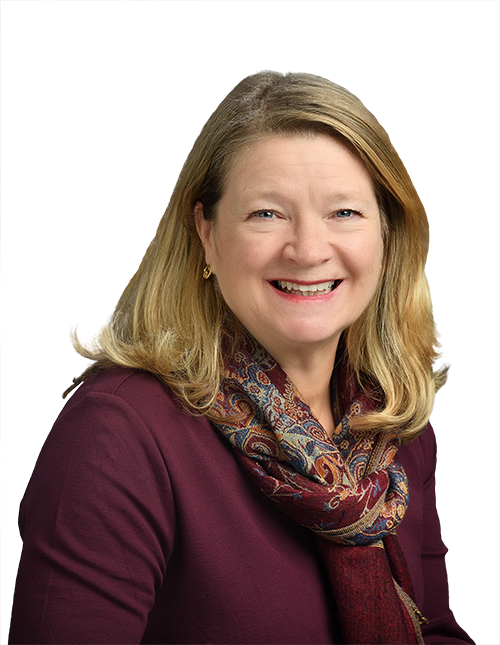Assemblymember McMahon: Early Breast Cancer Detection Saves Lives
As the chair of the Assembly’s Task Force on Women’s Issues and a member of the Legislative Women’s Caucus, I am committed to promoting the well-being of women across the State of New York in every way possible. I hope you’ll join me during October, Breast Cancer Awareness Month, in sharing the facts about breast cancer and the preventative measures to take against this awful disease.
Breast cancer is second only to skin cancer as the most common cancer among women in America, accounting for roughly a third of new female cancers each year. About 240,000 women get breast cancer annually in the U.S., with 42,000 of these cases being fatal. Most breast cancers are diagnosed in women aged 50 or older, but breast cancer can also be found in younger women, so all ages should be aware of the warning signs. While much less common, men should also take appropriate precautions since they can develop breast cancer, too. Men account for about one out of every 100 breast cancer cases diagnosed nationwide.
Early symptoms include any change in the size, shape or color of the breast, pain in any area of the breast, any nipple discharge other than breast milk, redness, flakiness or dimpling of the skin of the breast, and a new lump in the breast or underarm. If left untreated, breast cancer can metastasize and spread throughout the body, eventually resulting in death. That’s why early detection, whether by a mammogram or self-examination, can be lifesaving.
A mammogram is a low-dose X-ray examination of the breasts. It allows a doctor to take a closer look for abnormal changes in the breast tissue that cannot be felt during a regular breast exam. Women at normal risk of breast cancer should get a mammogram every two years from the age of 50, and women younger than 50 should talk to their health care provider about when to start and how often to have a mammogram, based on their individual risk factors.
Genetic mutations, such as the presence of the BRCA1 or BRCA2 gene, a family history of breast cancer, and a woman’s reproductive history all can increase the risk of developing breast cancer. However, there are lifestyle choices you can make to help lower your risk. Regular exercise, maintaining a healthy weight, and reducing alcohol consumption all can lower the risk of developing breast cancer. If you take hormone replacement therapy (HRT) or birth control pills, talk to your health care provider about the risks associated with those medications.
Our own Roswell Park Comprehensive Cancer Center is currently promoting its “Mammothon 2023,” encouraging women to sign up for free mammograms. Between Oct. 3 and 7, the center accomplished its remarkable goal of signing up over 500 women for a mammogram. You can participate and schedule a mammogram by visiting their Web site or calling 1-800-ROSWELL. Additionally, the Erie County Cancer Services Program will cover the cost of a screening mammogram for individuals aged 40 to 74 with little or no health insurance, as well as a provider visit for a clinical breast exam, if needed. The Cancer Services Program can be reached at (716) 858-7376.
As a survivor of breast cancer, Breast Cancer Awareness Month is extremely important to me. This month provides an opportunity to remember the lives lost to this terrible disease, honor those who are currently fighting and spread awareness about the lifesaving benefits of early screening and detection.
If you have any questions or concerns about this or any issue, please don't hesitate to reach out to me at McMahonK@nyassembly.gov or 716-634-1895.
